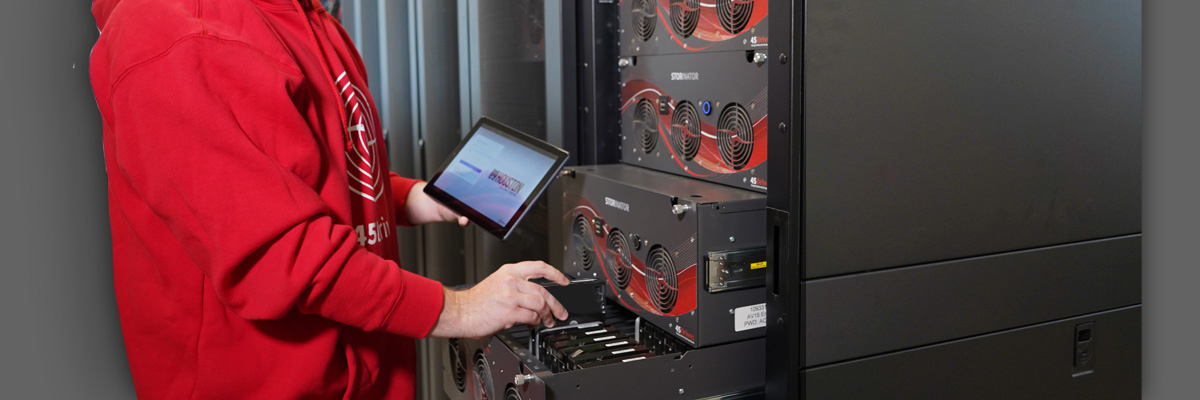We have combined our best practices, practical research, and real-world discoveries for a well-maintained highly-available storage clustering solution into a two-day Bootcamp about Ceph clustered storage systems.
This 45Drives Bootcamp provides a solid foundation of Ceph clustered storage systems. Your journey starts with Ceph Theory, laying out all of the concepts necessary for the practicum, and then building upon that knowledge by having you build your cluster from scratch.
We recommend that each attendee has a working knowledge of Linux. An experience with Systemd, the bash shell, and common Linux CLI tools that help you navigate your way through the Linux terminal (ls, lsblk, cd, grep, cat, vim, etc.) is particularly helpful. A working understanding of the Linux file system hierarchy and where to find specific files (logs, binaries, config files, etc.) is also beneficial.
Ideally each attendee has a working knowledge of networking —understanding subnets, DNS and firewalls.
Your first day of training will introduce you to several topics about the theory of Ceph. This includes how Ceph compares to traditional storage methods, the hierarchy of a Ceph Cluster, designing/sizing/upgrading/administering Ceph clusters and more.
A portion of the first day's training will also introduce you to some 45Drives' specific features like HoustonUI and our Ceph orchestration tool of choice — 45Drives' Ceph Deploy (based on Ceph Ansible).
It will also introduce you to several important aspects of a Ceph storage system, including OSDs, placement groups, authentication and everything you need to prepare for day 2.
The second training day is where you will get hands-on with Ceph. Our Storage Architects will provide you with a virtual-machine environment, replicating a 45Drives' Ceph storage system. Day 2 allows you to apply your training in a controlled environment with the instructor's support.
The Storage Architect will walk your team through building a cluster piece-by-piece, upgrading/ expanding CephFS MDS services, detailed deployment and additional storage protocols, including SMB, NFS, iSCSI, and S3. In addition, you will learn how to make efficient use of different Linux troubleshooting tools. Learn where to find important information, how to troubleshoot all the different ways Ceph can present data (block, object, file), and how to fully troubleshoot issues in your Ceph cluster from start to finish.
Finally, your training culminates dealing with several catastrophic failures in a realistic Ceph cluster environment. You will use the skills you gained from your training to repair the clusters into a healthy functioning state.

 CPU: Modern (3 years old) Quad Core Hyper-threaded CPU 4 threads. (i5, Xeon, Ryzen 5)
CPU: Modern (3 years old) Quad Core Hyper-threaded CPU 4 threads. (i5, Xeon, Ryzen 5)